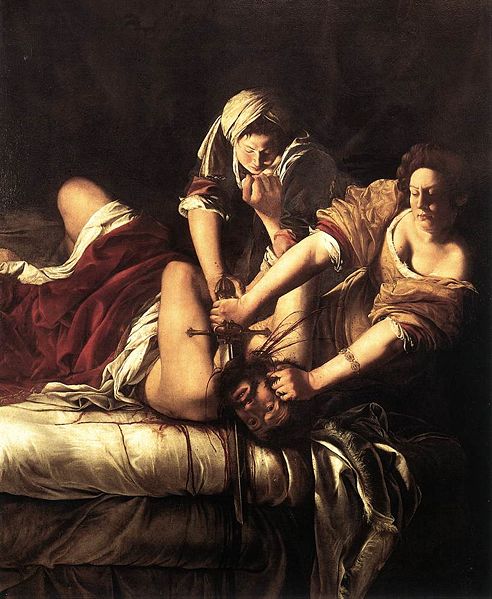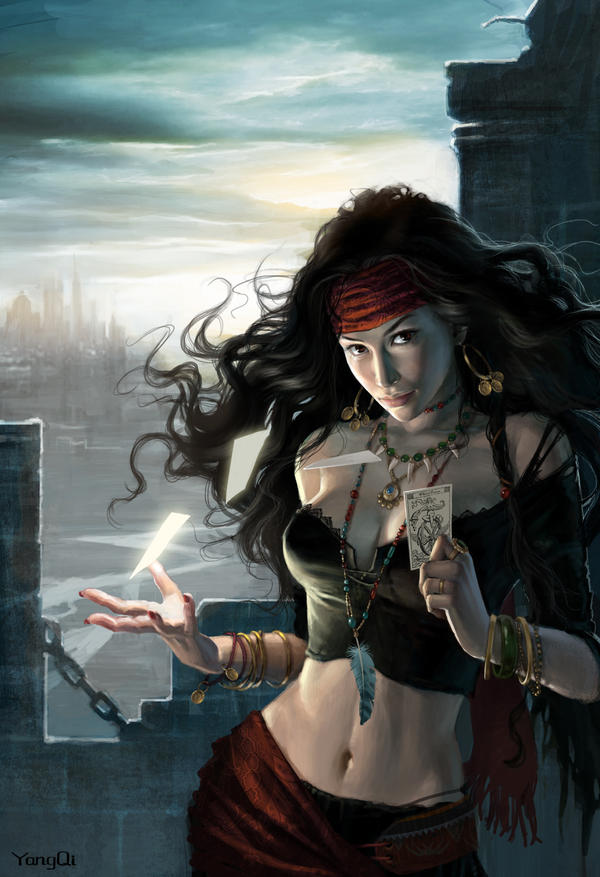The dance of Salome for the Head of john the Basptist is one of the many Bible Stories that I've wanted to explore for a long time.
Symbolist painter
Gustave Moreau has an interesting take on the subject, and, this fall, the
the Hammer Museum is presenting an exhibition devoted to Gustave Moreau’s Salome Dancing before Herod. The write up calls this, "one of the most remarkable and best-known paintings in the museum’s collection." One of the parts that makes this particular exhibition so interesting is that it includes the related paintings, drawings, and preparatory studies that went into this piece, which allows us to see more of how the artist worked and went through his creative process. Typically, most of these materials are housed in his home country, France.
When fellow artist
Michael Manning sent me the link about the exhibit, he added, "Moreau's work has an iconic sensuality to it - haunting/haunted-looking figures, shadowy supernatural environments, and layered textures, all dripping with exquisite detail, sometimes incised directly into the paint surface - that can be almost overwhelming, even chilling to me."
Looking at Moreau's take on Salome has me re-thinking how I might work this subject when I get a chance to tackle it. What is the best way to capture, in paint, a dancer so sensuous that she could make a king take leave of his senses? It's an interesting question!
Gustave Moreau, Salome Dancing before Herod (detail) 1874-76
Gustave Moreau, Salome Dancing before Herod (detail)
1874-76

Above: Gustave Moreau. Nude Female Model for Salome (Study for Salome Dancing before Herod)

















































